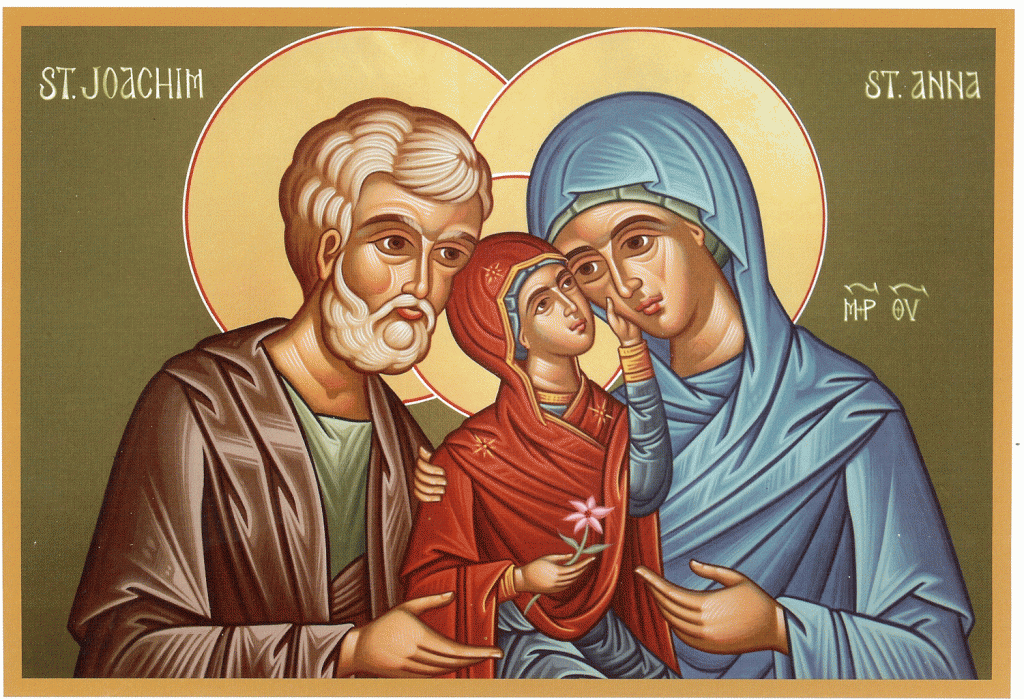
It is undoubtedly the case that the Virgin Mary remains a great obstacle to people from an evangelical background considering the claims of the Orthodox Faith to be the one Church which is the Body of Christ, established by the ministry of the Apostles in the power of the Holy Spirit. This would hardly have been the case until the 16th century, as even Martin Luther insisted on the preservation of all those traditional and ancient teachings about her, which modern evangelicals certainly misunderstand and often misrepresent.
But when we are considering the Orthodox Faith we can never start from anywhere other than where we are. Therefore this series of short posts is intended to sympathetically address the concerns of those from just such an evangelical background when they wonder about the Virgin Mary and her place within Orthodoxy.
Before anything else it is absolutely necessary to state that Orthodox insist that the Virgin Mary is only and truly and completely a human being as we are. She has not become one of the Holy Trinity, nor is she a demi-God, neither does she exercise any divine power of her own. But we do undoubtedly consider that she is one of the most important figures in the history of salvation stretching from Adam and Eve through the life of our Lord Jesus Christ and into the times of our present experience of the Christian life.
Orthodox do not ask evangelicals to adopt the extreme and un-Orthodox views which it may be thought we hold. Rather we ask all those thinking about Orthodoxy to carefully examine what we actually believe. In this post we will study the words of the angelic greeting which the angel Gabriel offered to the Virgin Mary. Here is the account of the Annunciation which I am sure are well known to all…
Luke 1:26-38 And in the sixth month the angel Gabriel was sent from God unto a city of Galilee, named Nazareth, to a virgin espoused to a man whose name was Joseph, of the house of David; and the virgin’s name was Mary. And the angel came in unto her, and said, Hail, thou that art highly favoured, the Lord is with thee: blessed art thou among women. And when she saw him, she was troubled at his saying, and cast in her mind what manner of salutation this should be. And the angel said unto her, Fear not, Mary: for thou hast found favour with God. And, behold, thou shalt conceive in thy womb, and bring forth a son, and shalt call his name JESUS. He shall be great, and shall be called the Son of the Highest: and the Lord God shall give unto him the throne of his father David: And he shall reign over the house of Jacob for ever; and of his kingdom there shall be no end. Then said Mary unto the angel, How shall this be, seeing I know not a man? And the angel answered and said unto her, The Holy Ghost shall come upon thee, and the power of the Highest shall overshadow thee: therefore also that holy thing which shall be born of thee shall be called the Son of God. And, behold, thy cousin Elisabeth, she hath also conceived a son in her old age: and this is the sixth month with her, who was called barren. For with God nothing shall be impossible. And Mary said, Behold the handmaid of the Lord; be it unto me according to thy word. And the angel departed from her.
We can surely begin our study of this passage describing the Virgin Mary by being in agreement about all those things which we find written about her in the Scriptures. The angel says several things which I will carefully list here…
1. Mary is highly favoured
2. The Lord is with Mary
3. Mary is blessed among women
4. Mary has found favour with God
5. Mary will bear the Son of the Highest
6. The Holy Ghost will come upon Mary
7. The Power of the Most High will overshadow Mary
8. Mary will bear the Son of God
9. Mary responded, Let it be unto me according to your word
There are two aspects which I particularly want to focus on. Firstly, against those who suggest that God could have chosen any random Jewess to bear Christ in her womb, the angel insists that Mary has found favour with God and is highly favoured. For her to have found favour with God is to say that she lived such a life that God was pleased with her. There was that about her which caused God to choose her and no-one else. Indeed no-one else has ever received such a greeting. Therefore she is blessed among women.
Secondly, we can see from this passage that Mary gives her assent, offers her obedience, to receive the Holy Ghost, to be overshadowed by the Power of the Most High, and to bear the Son of God. No one else has ever been called to such a service to God.
What can we agree upon? Surely that it is proper to speak of Mary as highly favoured, or as another translation of the Greek properly puts it, full of grace. It is surely also proper to say of her that she is blessed among women. This is enough for this short post perhaps. As the Scripture teaches us, we shall consider further in the next posts what is said of Mary, full of grace and blessed among women.
